August Reset: Creating Wellness Routines That Actually Stick
August marks National Wellness Month, making it the perfect time for young adults to establish sustainable mental health practices. Forget ambitious overhauls that fizzle by September. Real wellness comes from small, consistent actions that build over time.
Why August Is Perfect for Reset
As summer winds down, our brains naturally prepare for structure. This transition period offers a psychological fresh start without the pressure of New Year's resolutions.
Evidence Based Wellness Habits That Work
Morning Mental Check-In (2 minutes): Rate your mood, energy, and stress on a 1-10 scale. This simple awareness practice helps you catch patterns before they become problems.
The 5-4-3-2-1 Grounding Technique: When stress peaks, notice 5 things you see, 4 you can touch, 3 you hear, 2 you smell, 1 you taste. This pulls you out of fight-or-flight mode instantly.
Evening Wind-Down Ritual: Choose one calming activity (reading, gentle stretching, journaling, yoga, meditation, a calming sport, walking, journaling, etc.) and do it consistently. Your brain will learn that this signals safety and rest.
Emotional Regulation Practice: Set phone reminders to pause three times daily and ask "What am I feeling right now?" Naming emotions reduces their intensity by up to 50%.
Start Small, Build Smart
Pick ONE habit from above and commit to it for just one week. Success breeds success. Once that feels automatic, add another. This will continue to help you evolve.
The Psychology Behind Sticking Power
Sustainable routines work because they create neural pathways. Your brain loves predictability and will start craving these wellness moments once they become a pattern. Luckily, our brains have "neuroplasticity" and can evolve as we continue to better ourselves.
Remember: wellness isn't about perfection. It's about showing up for yourself consistently, especially when life gets chaotic.
Ready to create personalized wellness strategies that fit your unique lifestyle? Let's work together to build mental health practices that last.
